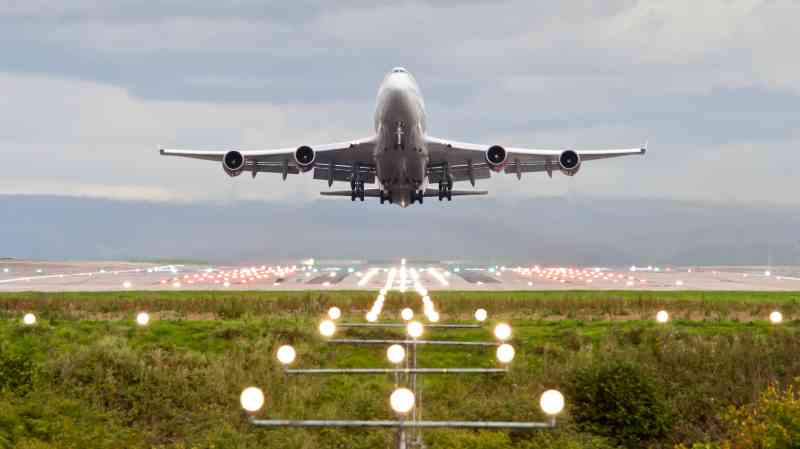Manchester is growing as a competitive threat to Heathrow on routes to China after the number of seats being flown from the airport to the People’s Republic this winter rose by nearly fourfold.
The increase comes as British Airways and Virgin Atlantic have withdrawn services from Heathrow to China.
According to data from OAG, a global travel data provider, Manchester has more than 117,000 seats on sale on routes to China this winter season, up from only 30,000 last year. Though that still significantly trails Heathrow, Manchester’s growth is in stark contrast to Britain’s main gateway, where the number of seats on sale this winter on services to China has fallen by 22 per cent to 689,000.
Manchester, the largest British airport outside of London, has long harboured ambitions to be a “Heathrow of the north” for international connections and it has seen a greater number of services to China as a main springboard for that.
Manchester handles nearly 30 million passengers a year, compared with Heathrow’s 80 million and Gatwick’s 40 million. Ken O’Toole, 50, the chief executive of Manchester Airport Group, has urged the chancellor Rachel Reeves to get behind the airport’s role in supporting the northern economy as an “exporter of knowledge, skills and services, rather than ‘things’. It is these sectors that will be key to turbo-charging the UK economy and realising the chancellor’s ambition to deliver the fastest growth rate in the G7.”
Manchester has secured its first direct flights to Shanghai with Juneyao, hitherto a mainly China and eastern Asia carrier that has been expanding with flights to Europe. Similarly, Hainan Airlines has doubled its frequencies from Manchester to Beijing.
BA recently withdrew its Heathrow-to-Beijing services only a year after reinstating flights following the pandemic. It still flies to Shanghai and Hong Kong. Virgin has pulled its Heathrow-Shanghai flights, also a year after reinstating them post-pandemic, citing “significant challenges and complexities”, not least from increased flight times because of closed airspace during the Russian-Ukraine war.
Manchester previously has talked of doubling its capacity with the construction of a railway interchange at the airport, an intersection of the planned northern leg of HS2 and fast services across the north from Liverpool to Yorkshire. Those plans were ditched by the last government.
O’Toole said: “Our country faces many economic challenges, but we absolutely have the building blocks in place to become a ‘services superpower’, as the UK is already the second largest exporter of services in the world, behind only the US.
“As an island trading nation, we are more reliant on our international air routes than other major economies. But we need the right policy support to deliver the connectivity that these globally ambitious firms crave. That means investing in high-speed rail connections between cities and airports and it means developing regional growth.”
